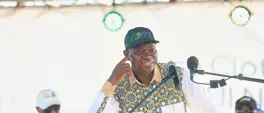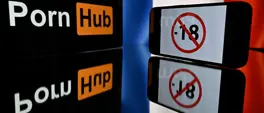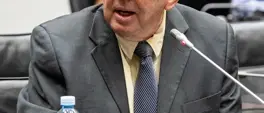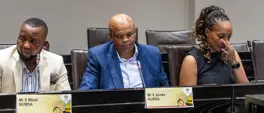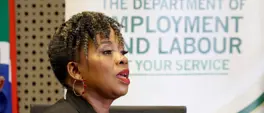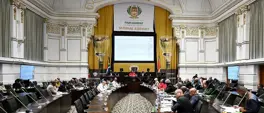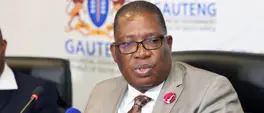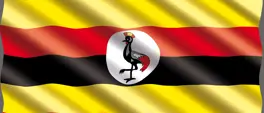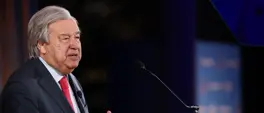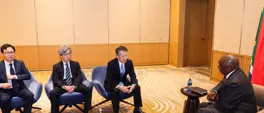Ex-leader Kabila back in DR Congo via M23-held city
AFP
29 May 2025 | 17:08Putting an end to days of speculation over his return to the country, Kabila's appearance comes despite the former president facing the possibility of a treason trial over his alleged support for the M23.
GOMA - Ex-president Joseph Kabila was back in the Democratic Republic of Congo on Thursday via Goma, an eastern city seized by the Rwanda-backed M23 militia whose lightning offensive the government accuses him of orchestrating.
Putting an end to days of speculation over his return to the country, Kabila's appearance comes despite the former president facing the possibility of a treason trial over his alleged support for the M23.
Felix Tshisekedi, his successor as the DRC's president, accuses Kabila of being the brains behind the armed group, which has seized swathes of the resource-rich Congolese east with Rwanda's help.
A team of AFP journalists saw Kabila meet local religious figures in the presence of the M23's spokesman Lawrence Kanyuka, without giving a statement.
Though Kabila left the DRC in 2023, the former leader still enjoys a certain influence over Congolese political life, and has criticised his successor's government as a "dictatorship".
Shorn of his usual beard and dressed in a dark suit, the 53-year-old, who led the DRC between 2001 and 2009, appeared visibly relaxed in front of the cameras.
Access to the residence was guarded by fighters from the M23 and members of his security service.
A member of Kabila's entourage told AFP that though no formal alliance existed between his party and the M23, both shared the "same goal" of ending Tshisekedi's rule.
Kabila's visit also comes after the ruling party warned him to stay out of Congolese affairs, with the DRC locked in talks with the United States and Rwanda aimed at ending the fighting.
In the wake of Kabila's previous announcement in April of his return to the country, which he later denied, the Congolese authorities suspended his political party and raided several properties belonging to him.
'DICTATORSHIP'
For more than three decades, the eastern DRC has been ravaged by conflict between various armed groups, which has intensified since the M23's resurgence in 2021.
Following a lightning offensive, the armed group captured the key eastern cities of Goma and Bukavu at the beginning of 2025, setting up to govern for the long term in the regions under its control.
While he was out of the country Kabila's entourage remained tight-lipped over his whereabouts.
Then, the former president in April announced his imminent return to the DRC via the conflict-hit east, much of which is under the control of the M23.
Accusing him of conspiring with the Rwanda-backed militia, the justice ministry in April referred the case against Kabila to the military courts.
In turn, the army's top prosecutor urged the Senate to vote to lift his immunity as senator for life, to allow his prosecution for treason, war crimes and crimes against humanity.
That vote passed on May 22 in the upper house, where Tshisekedi's ruling coalition enjoys an overwhelming majority, opening the way for his prosecution for treason, war crimes and crimes against humanity.
'DICTATORSHIP'
The day after losing his immunity to prosecution, Kabila broke his silence, lashing out at the Congolese authorities for the "arbitrary" push to target him.
In that speech to the Congolese people, Kabila, who took power following his father's assassination in 2001, promised to visit Goma "in the coming days" to help broker an end to the fighting.
In large part, the army prosecutor's case against him hinges on testimony by opposition figure Eric Nkuba.
Under questioning, Nkuba claimed to have overheard Kabila advise the M23's leader to remove Tshisekedi by coup rather than by assassination.
Given the severity of the accusations against him, Kabila could even face the death penalty.
The DRC lifted a moratorium on capital punishment in 2024, though no execution has yet been carried out.
Get the whole picture 💡
Take a look at the topic timeline for all related articles.
